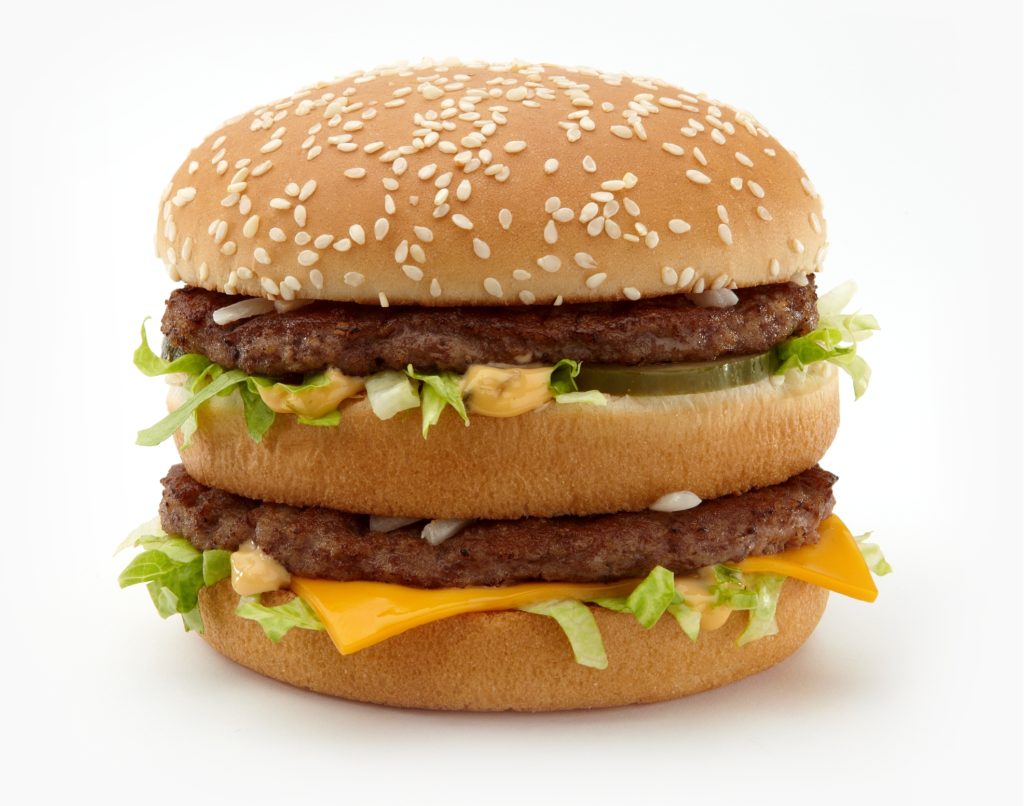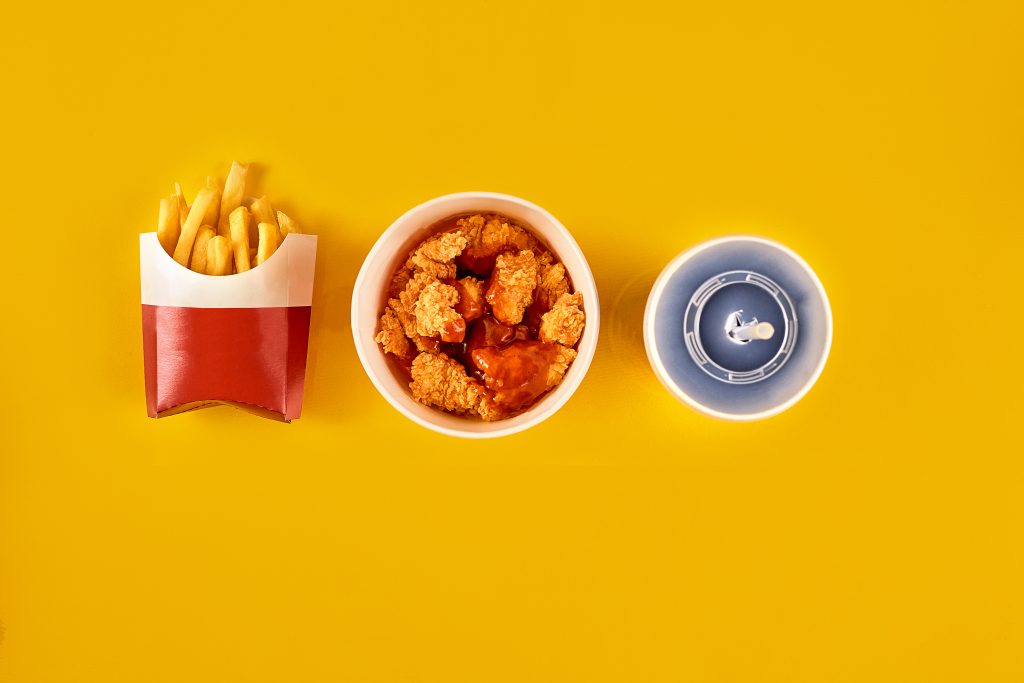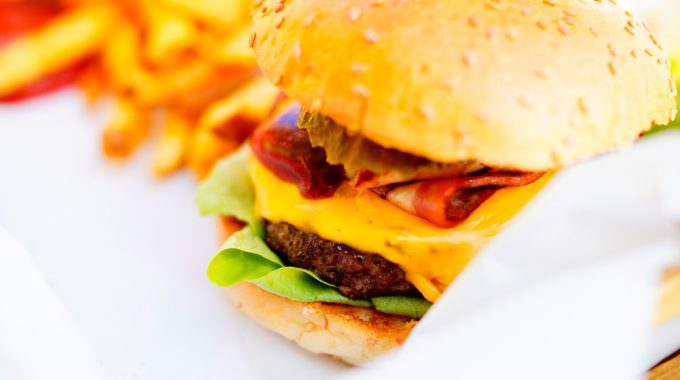Where does your fast food come from?
Knowing where your food comes from can help you make better choices. As well as giving you the option to support local, it’s also a way to help the planet. The fewer food miles your food has had to travel, the better. Since July 2018, it’s been mandatory for food products sold in retail stores to display the country of origin on the label. But some products are exempt, including food sold for immediate consumption at fast-food outlets and cafes.
But now one of Australia’s biggest burger chains has made the move to adopt country of origin labelling. This has prompted calls for other chains to follow suit so that Australian consumers can know where their burgers and fries are coming from.

A show of faith
McDonald’s has announced its commitment to display the country of origin of the ingredients in its products. It’s a move that AUSVEG, the peak industry body for Australia’s vegetable and potato growers, says is a show of faith to the hard work and dedication of Australia’s farmers in providing high-quality food to Australian consumers.
“Retailers should be upfront as to their food’s origin,” says AUSVEG CEO James Whiteside. “Particularly given Australian farmers produce enough food for the domestic market and to continue to supply international markets. Australian consumers have a strong preference to buy locally grown food. They have a right to know where their food comes from.”
The country of origin labels that are mandatory for products sold in retail provide more information to consumers about their food. However, the system’s impact is lessened because it doesn’t apply equally across all food sellers.
“While the labelling system provides consumers with more information about where a lot of their food comes from, it is an inconsistent, two-tiered approach,” he says. “It’s problematic for consumers. It needs the fast-food industry to get on board and commit to displaying the country of origin on its products.
“We urge the rest of the industry, and other industries exempt from mandatory labelling, to adopt country of origin labelling. Consumers can then make more informed decisions.”

Get on board or be left behind
McDonald’s Australia CEO Andrew Gregory says that the company has worked with the Minister for Agriculture David Littleproud to develop a Country of Origin webpage. This will let consumers know how much Australian produce goes into McDonald’s products.
“We’ve always been and remain committed to supporting local suppliers and farmers,” Gregory says. “We’re firm believers in the quality and taste of Australian-grown produce.
“Many of our long-standing partnerships with Aussie suppliers and farmers have spanned multiple decades. We are very proud to be buying Australian and serving local ingredients as well as supporting our agriculture industry every day of the year.”
Minister Littleproud has also welcomed McDonald’s move. He says it will empower consumers to back Australian farmers. It will also challenge other big chains to do the same.
“I’ve been working with major fast-food outlets since 2018 to introduce a voluntary display of the amount of Australian ingredients used in their products,” Littleproud says. “Now McDonald’s has committed. It’s a great win for Australian consumers and farmers.
“Unfortunately, some major outlets refused to even attend the roundtables I set up to engage on the issue. But McDonald’s always showed a commitment to the process and the outcome. Consumers should have information about where the food they’re eating is from. This move empowers them to support a franchise outlet that does so.
“I encourage other outlets to get on board or be left behind. Be transparent with consumers and support Australian producers.”









